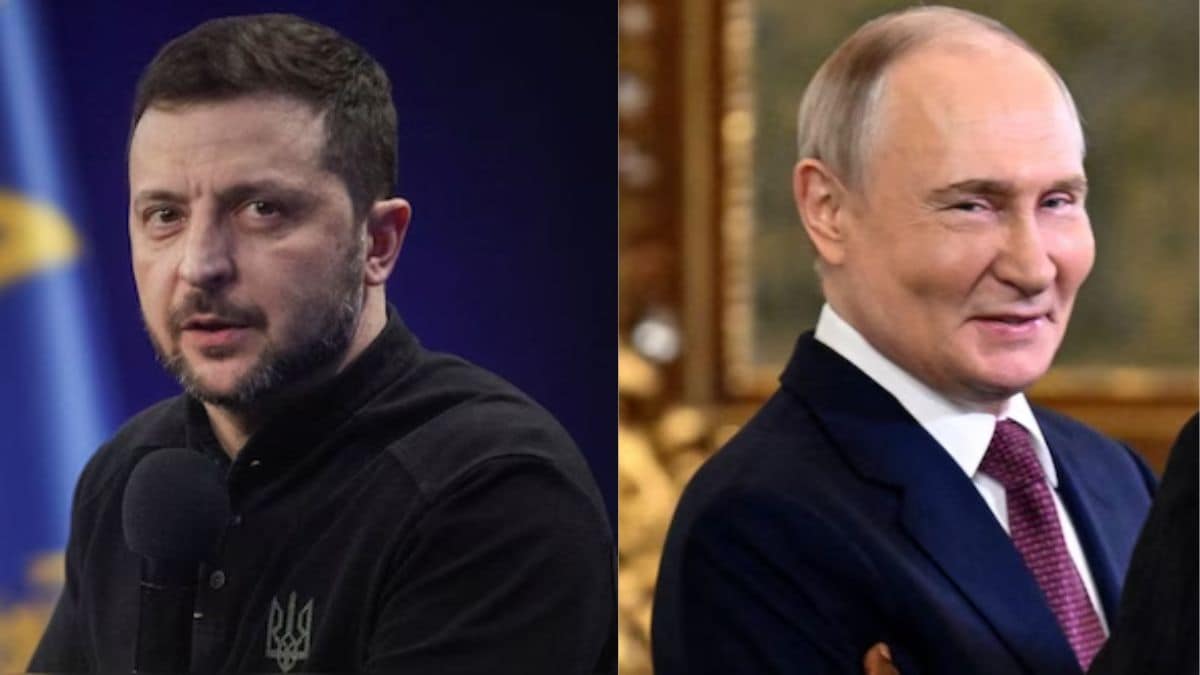The first high-level talks between Russia and Ukraine since the early stages of Moscow’s 2022 attack have concluded with a stark reminder of the immense gulf separating the two nations, offering scant optimism for an imminent ceasefire. Despite promises of a major prisoner swap, the talks revealed a profound lack of common ground on the fundamental steps required to stop the ongoing conflict.
Despite the palpable distance in their positions, a sliver of diplomatic possibility remains. Turkey, the host nation said that both Russia and Ukraine had agreed in principle to hold further negotiations. The statement offers a glimmer of hope for US President Donald Trump, who has called for a swift peace agreement.
Peter Slezkine, senior fellow and director of the Russia program at the Stimson Center, described the talks as “substantial steps.” He said, “I do think that they are a very hopeful sign, because the two sides coming into direct contact is an important development.”
However, the initial optimism generated by the meeting quickly faded upon closer examination of the stated positions. Ukraine, backed by the United States and other Western allies, has consistently called for a 30-day ceasefire without any preconditions to facilitate meaningful peace negotiations.
In stark contrast, Russia, which currently occupies nearly a fifth of Ukrainian territory, displayed minimal inclination towards compromise. Moscow reiterated its maximalist demands, insisting on Ukraine’s withdrawal from and recognition of Russia’s claim over four Ukrainian regions – territories the Kremlin unilaterally annexed but does not fully control.
The carefully worded statements released by both sides following the Istanbul talks did little to conceal the deep chasm that persists between them. A Ukrainian diplomatic source, speaking to Reuters on condition of anonymity due to the sensitivity of the discussions, revealed that Russia presented demands that were “detached from reality and go far beyond anything that was previously discussed.” These reportedly included ultimatums for Ukrainian forces to withdraw from sovereign Ukrainian land, alongside “other nonstarters and non-constructive conditions.”
Adding a chilling perspective, the Kremlin’s chief negotiator, Vladimir Medinsky, suggested that Russia was prepared to continue its military campaign for as long as necessary to achieve its objectives. Drawing a historical parallel to Russia’s protracted 18th-century war against Sweden, he argued that Kyiv’s resistance to Russia’s “peace demands” was only hastening its own demise.
A senior Ukrainian government official with direct knowledge of the abortive 2022 peace talks with Russia expressed little surprise at the outcome in Istanbul, telling Reuters that it unfolded “entirely as expected.” The source offered a more pragmatic, if less hopeful, view: “‘Every journey begins with a single step. This is the beginning of the journey. Demands are always exaggerated at the start of any negotiations. That’s classic.’”
The fragile outcome places renewed emphasis on President Trump’s role. Just before the talks, Trump abruptly shifted stance, saying he needed a meeting with Russian President Vladimir Putin to achieve a breakthrough. This move temporarily undercut European efforts to pressure Washington into imposing tougher sanctions on Russia.
Earlier in the week, leaders of four major European powers had visited Kyiv, warning Russia of fresh sanctions if it failed to agree to a 30-day ceasefire by May 12, a position supported by the US However, when Putin proposed talks instead of a ceasefire, Trump urged Ukrainian President Volodymyr Zelenskyy on social media to accept the proposal immediately, without mentioning impending sanctions.
Zelenskyy, wary of alienating the influential US President, publicly supported direct talks with Putin. The Kremlin’s response was to dispatch a delegation for the Istanbul talks that conspicuously excluded Putin himself, as well as any high-ranking ministers.
Russian political analyst Vladimir Pastukhov wryly commented on the appointment of Medinsky, a figure from the failed 2022 talks, as delegation head, saying, “You don’t send undertakers to a wedding.”
After the Istanbul talks, Trump and the leaders of the four European powers spoke again with Zelenskyy to discuss the way forward. Publicly, the Ukrainian team renewed calls for direct negotiations between Zelenskyy and Putin, arguing only the Russian president has the authority to resolve key issues.
Speaking to Fox News, Trump expressed optimism about reaching an agreement but added that he would impose sanctions on Russia if no deal could be made.
While the talks represent a diplomatic step forward, the entrenched positions and expansive Russian demands suggest that a genuine ceasefire remains elusive for now, raising questions over whether the negotiations mark the beginning of peace or merely a strategic ploy in a protracted conflict.
